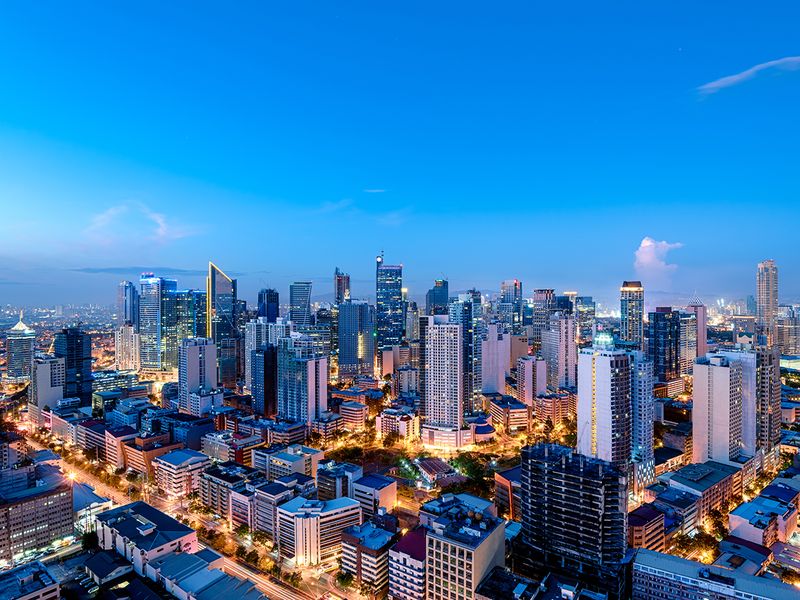Manila’s real estate market is facing a significant challenge with $2.6 billion in unsold condominium units. This resulted in a 34-month oversupply that has led developers to implement “silent fire sale” strategies to clear their inventory. This backlog, caused by economic difficulties and shifts in the market due to the pandemic, has prompted developers to offer substantial discounts to draw in buyers.
These “fire sale” strategies involve lowering prices, providing flexible payment options, and offering bundled incentives, all designed to reduce the oversupply without causing public alarm or negatively impacting property values. Although these promotions are typically low-key, industry insiders have observed an increase in targeted marketing and private negotiations aimed at attracting potential buyers.
The oversupply issue has been worsened by a decline in demand, as both local and international investors are being cautious due to inflation and economic instability. Many buyers are also waiting, hoping for even better deals as the market continues to adjust. This impasse has put additional pressure on developers who are trying to achieve their sales goals.
Despite these hurdles, analysts are hopeful about the future of Manila’s real estate market. Factors such as urbanization, infrastructure improvements, and the gradual return of foreign investors are anticipated to boost demand. For the time being, however, buyers are in a strong position, with developers providing significant discounts to sell off unsold units.





